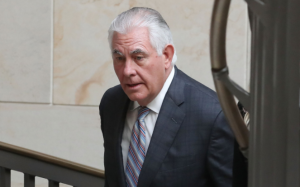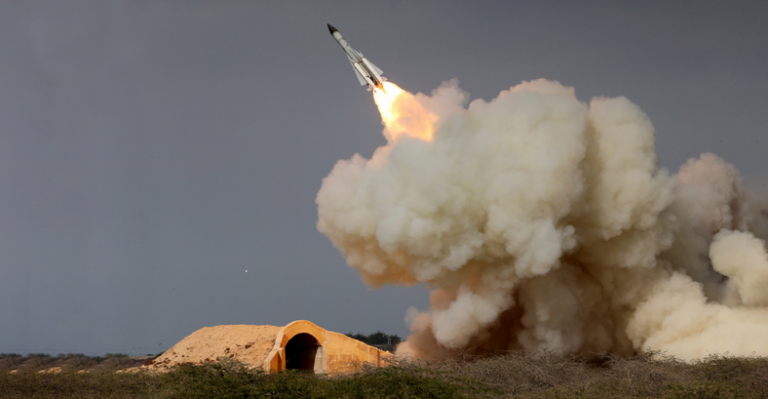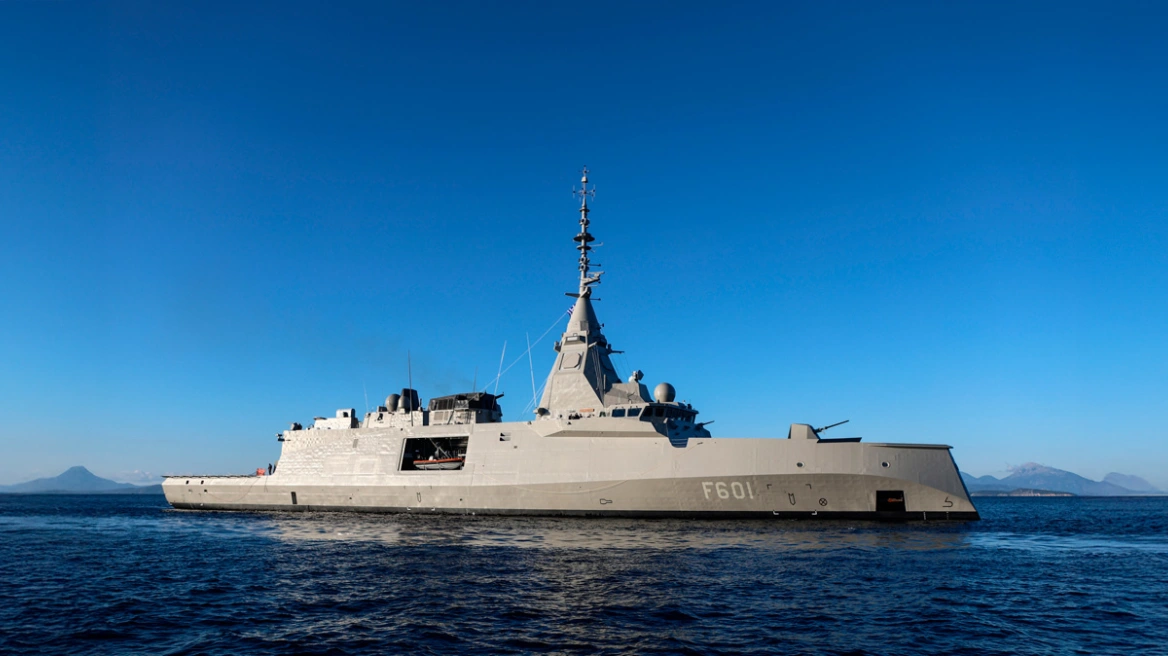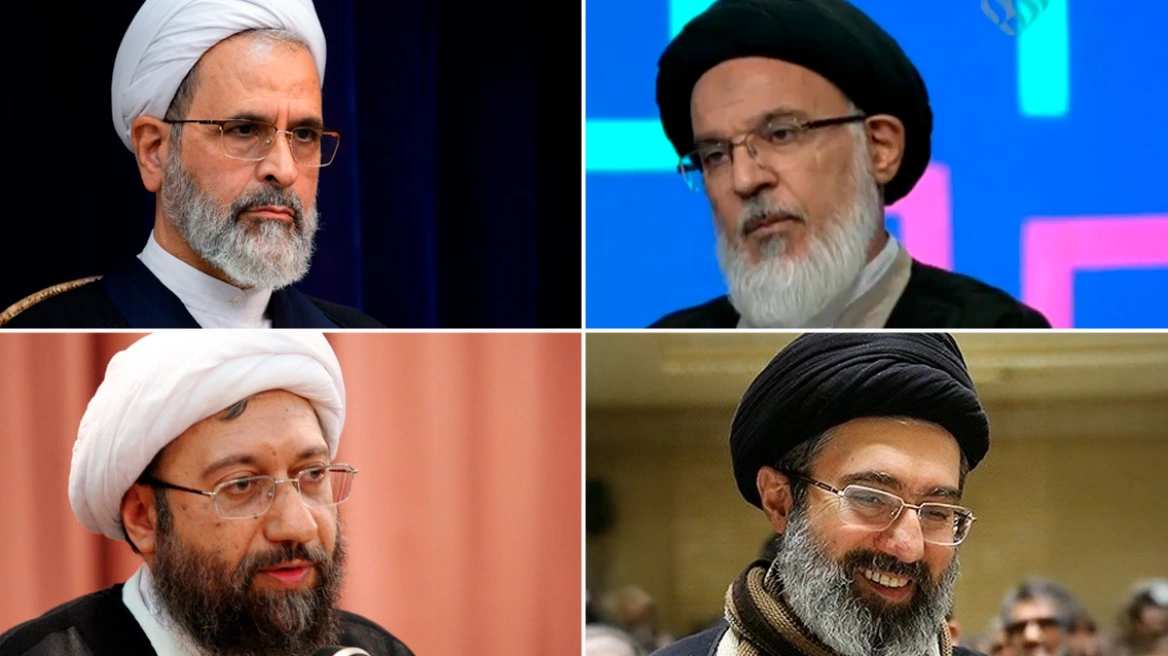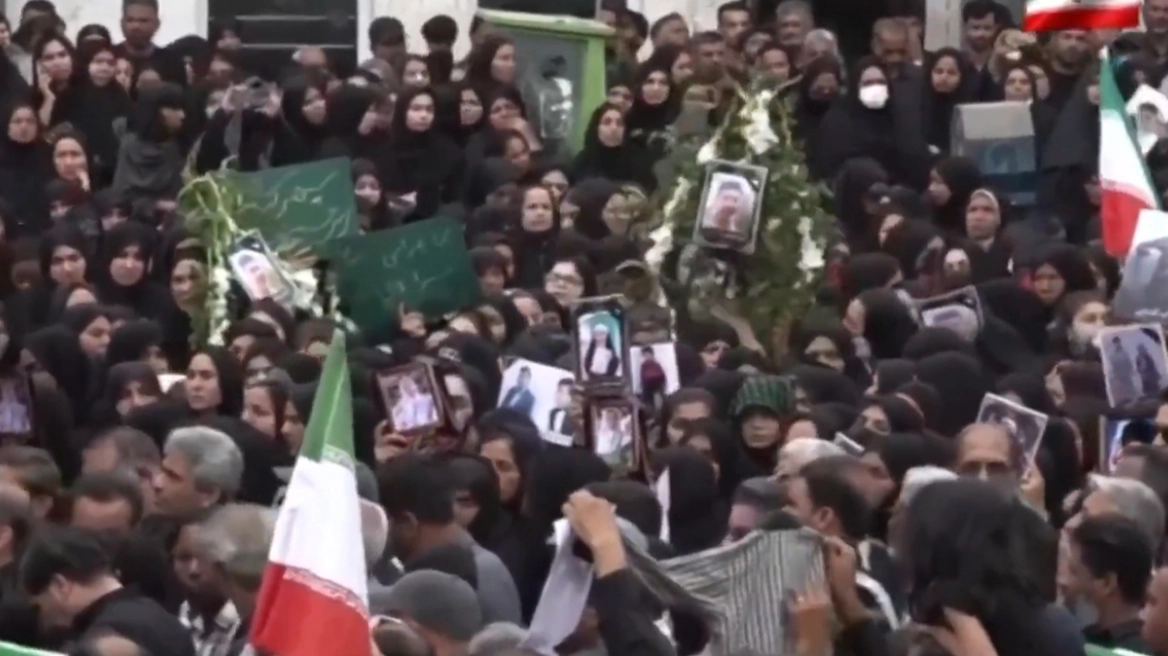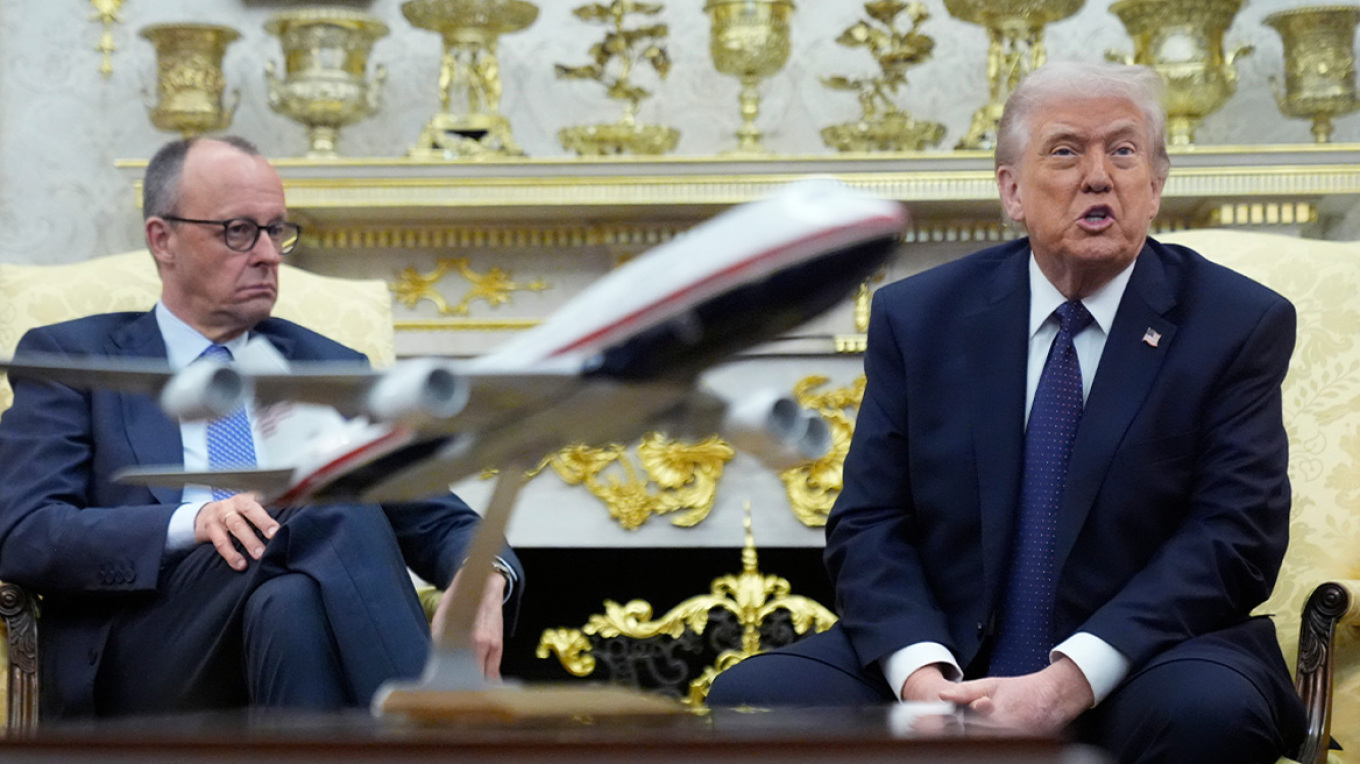In one of the most troubled times of US-Turkish relations, US Secretary of State Rex Tillerson arrives in Ankara. Tillerson will try to bridge the gap in the relations between the two countries that has grown, mainly on the issue of Syria in which Washington is in every way supporting the forces of the Syrian militia’s Kurdish militia (YPG), with Ankara invade Syria to fight them, since they consider them to be terrorists and a branch of the PKK.
The Ankara-Moscow-Tehran approach is the main issue that bothers the Americans, who do not want a NATO member state to buy Russian weapons systems and to define Middle East policy with Russia and Iran.
The tension rose on Thursday afternoon at US Secretary of State James Mattis’s meeting with his Turkish homolog Nurettin Canikli. The Turkish minister, after asking his US counterpart to interrupt the US assistance they give to YPG, allegedly received a negative response. The US Secretary of State said they could separate the PPG from the PKK and fight the PKK with the YPG forces.
Government spokesman and Turkish Deputy Prime Minister Bekir Bozdag, immediately after these developments, said the US should not think the world is blind and stupid. YPG has been founded by the PKK and is a terrorist organization.
Rex Tillerson is expected to have dinner with Turkish President Recep Tayyip Erdogan, while today he will officially meet with his Turkish counterpart, Mevlut Cavusoglu.
Our relations are at a crucial turning point. Whether we will improve them or they will collapse altogether, Cavusoglu warned last week.
An indication of the tense situation is also the fact that the authorities in Ankara have decided to rename the highway that passes in front of the US Embassy to the “Olive Branch”, as is the name of the Turkish army’s operation in Afrin.
Erdogan, in a speech by his party’s parliamentary group on Tuesday, had responded to a US general in Syria who had threatened to retaliate in case they were attacked by Turkey, with Erdogan saying he would receive an “Ottoman slap in the face”.
A few hours before his arrival however, Rex Tillerson appeared rigid regarding the position of the United States on the matter, and said that “the U.S. has never given heavy weapons to the YPG, so they have no weapons to take back”, adding that “with Turkey our main goals are the same”.
Tylerson has protested against the Turkish operation in Afrin, stressing that “it is turning the attention of the forces fighting against the jihadists away from their main fight.
Analysts believe U.S. – Turkey relations may worsen if Turkey backs its threat to invade the city of Manbij in Syria, which is under the control of the YPG, and in which there are American military bases.
Erdogan has said that after Afrin Manbiz will be next.
Tillerson has stated that the US “will continue to train local security forces, taking care however, not to pose a threat to neighbouring countries”. Ankara asks the U.S. to stop all the economic and military aid they give to YPG.
However, the two countries’ relations have been poisoned after the coup attempt in July 2016, when Washington has not responded to Ankara’s demands to extradite the self-exiled imam, Fethullah Gulen, whom the Turkish government accuses of being the brain of the coup.
The US denounces the arrests and convictions of many U.S. citizens in Turkey, with the most recent example that of NASA’s Serkan Golge, who was sentenced last week to seven and a half years in prison for allegedly having affiliations with Gulen’s network.
The US authorities have arrested and found guilty the vice president of the State Bank Halkbank, Hakan Atilla, who was accused of violating the embargo against Iran via this bank”.
Source: balkaneu
Ask me anything
Explore related questions
